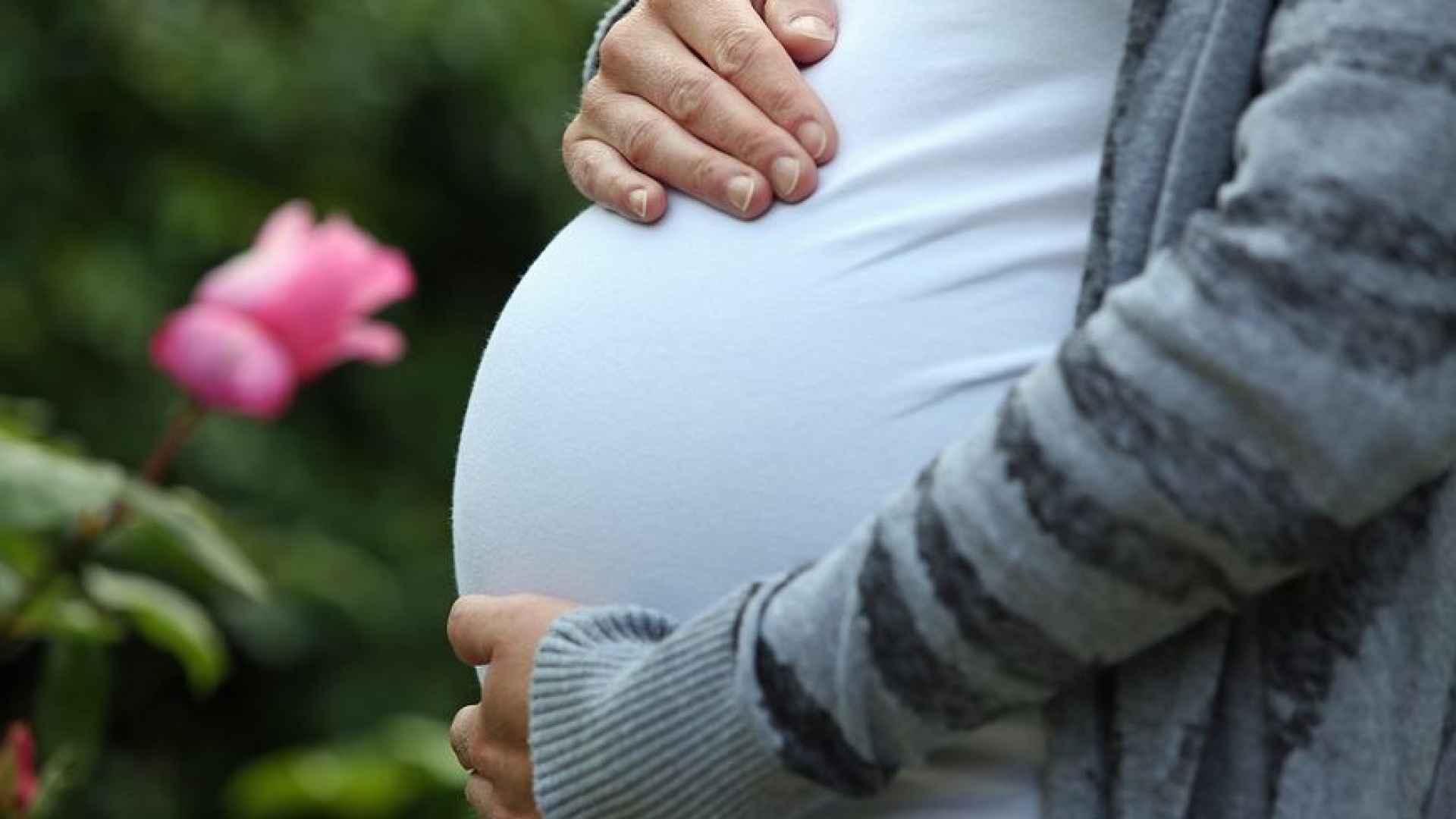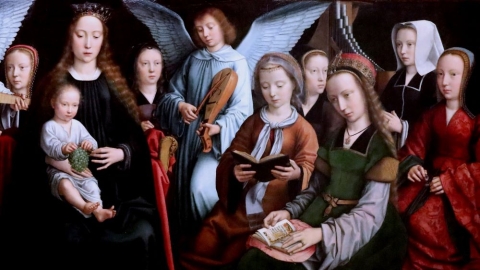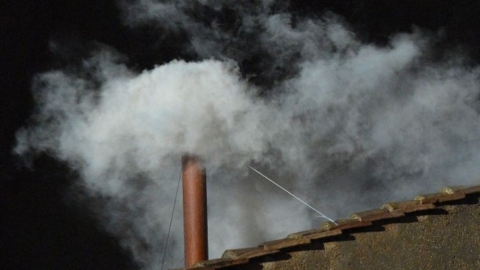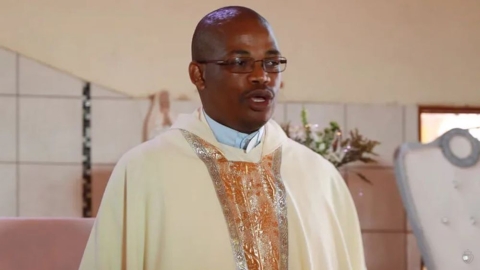Where Does the Society of St. Pius X Stand on ART and Surrogacy

At a time when the National Consultative Ethics Committee has just handed down a favorable opinion in France on insemination with a donor for “female couples” or single women, FSSPX.News takes a look at the conclusions of this decision and at the official stances of the Church in France.
In its Opinion 126 on “societal requests for medically assisted procreation”, the National Consultative Ethics Committee (CCNE) examined three distinct questions:
- gamete preservation for young – therefore still fertile – females;
- DI, or Donor Insemination, for “female couples” or single women;
- surrogacy.
The first question received a majority of negative opinions, as the CCNE based its evaluation on the “clinical and medical risks involved, but also on the risk of social and professional pressure from family or employers”.
But on the second question, the CCNE opened Pandora’s box. Based on “the autonomy of women”, their “relationship with children in the new family structures” – in other words, homosexual – and the feminine need for “acknowledgement” – a thoroughly vague notion – the CCNE clearly opened the door to DI when requested by single women or “female couples”. The Council’s opinion thus stipulates that “opening ART – Artificial Reproduction Technology – to persons without pathological sterility can be taken into consideration to alleviate the suffering caused by infertility due to personal orientations. This suffering must be taken into account.”
But this openness to DI was not unanimous in the CCNE: discussing the consequences for the child, the risk of increased commercialization, and the conditions of “feasibility” led a “minority of the CCNE members to propose that the status quo be maintained.” Indeed, eleven members of the Committee declared themselves opposed to making DI more available.
The third question treated the so-called “societal” request for surrogacy: for now, surrogacy goes too far for the evolution of mentalities today, and given that it is tactically preferable to start with DI for homosexual couples, it was set aside by the CCNE that seeks to reassure, and claims it remains – at least for now – “attached to the principles that justify forbidding surrogacy, and wishes to enforce the means for prohibiting it on the national and international level, considering there can be no ‘ethical’ surrogacy.”
To justify the differences within the CCNE, one of the members, philosopher Frédéric Worms, who is also a co-reporter on the text, stated that “removing the father was one of the major stumbling blocks for us”. Every child, he declared, has “the right to know where he comes from”. He calls an essential and constituent invariable of human nature a “stumbling block”: it is unbelievable…
Mgr. Ribadeau-Dumas, spokesman for the Bishops’ Conference of France, reacted on Twitter, lamenting: “The dikes are caving in one after another. It is predictable. What society do we wish to offer the generations to come?” Along the same lines Manif Pour Tous (Protest for All) recalled that “depriving a child of his father is an injustice”. But the LGBT associations openly applauded what they consider a step forward and a “strong and clear signal”.
In this context, Archbishop Pierre d’Ornellas, archbishop of Rennes, Dol, and Saint-Malo, and in charge of reflection on bioethics for the Bishops’ Conference of France, reacted on an open platform published by the newspaper Le Monde. Without recalling the doctrine of the Church on the question, the archbishop called for an “ethical wake-up call”, considered it urgent to “calm France down” and offered as a byword: “Let’s give ourselves time for reflection and discussion”.
Has the French Bishops’ Conference made itself heard any more than that? In a press release published after the CCNE’s Opinion, the episcopate “worries” or “wonders”.There is nothing clear and defined from them either.
The Priestly Society of St. Pius X’s position is the same clearly maintained by the Catholic Church when she categorically refuses any artificial technique for medically assisted procreation.
The Church has no intention of substituting “the right to a child” – who is neither a due, nor a possession, nor a “societal issue” – for “the right of the child”, the child who is the fruit of the procreative act of its parents in the conjugal union, the child who is created in the image and likeness of God.
If the Church declares certain biological technologies such as ART, DI, or surrogacy morally illicit, it is not because she has a morbid passion for forbidding things, but because she does not wish to fail in her duty to give a voice to the one who does not have one: the unborn child. And because her mission is to evangelize societies by tirelessly reminding them of God’s rights.
Sources: La Croix / Pèlerin / ccne-ethique.fr / FSSPX.News - 07/06/17





